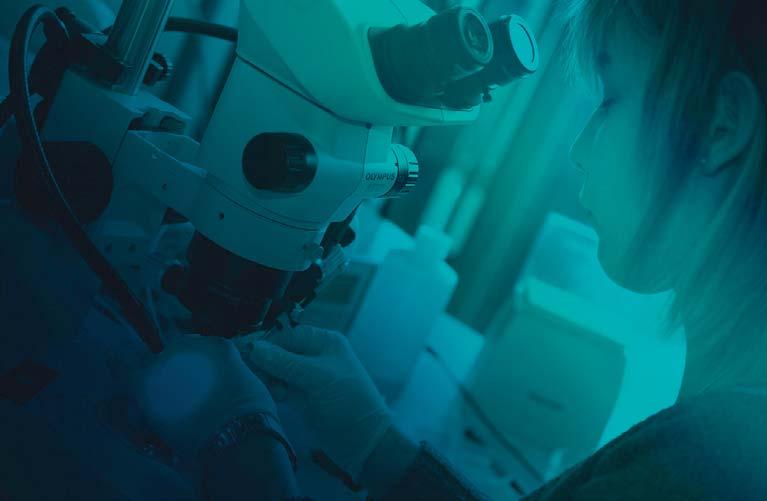investments and reforms, improving access to excellence, translating R&I results into the economy and deepening the ERA. These objectives will allow us to develop a stronger approach to what has been at the heart of the ERA project since it was launched, namely the development of an open single market for R&I in Europe. The spirit of joining forces will still be at the root of the ERA. It will allow us to assist in bridging the still existing R&I divide and develop an approach where all Member States will be able to contribute to excellence in research. Europe will only become more excellent as a whole if all of its Member States become more excellent. © European Commission, 2020
The new ERA will also allow us to get better at strategically prioritising investments in order to deliver excellent R&I and we need to ensure that the excellent R&I we produce get translated into value for our economy and our society more broadly and more quickly. The initiative aims to develop synergies between funding sources, promote gender equality and gender mainstreaming in research, translate R&I results into economic value, and help countries, regions, organisations, researchers and students across Europe to come together and reach their full potential.
The EU-funded Opencorona project tests a therapy that protects against COVID-19.
and stakeholders, we will organise Europe-wide participatory citizen science campaigns to raise awareness and networking and other citizens relevant activities.
I would name a few of them. A new ERA will guide investments and set priorities that help Member States to jointly lead and accelerate the digital and ecological transformations while ensuring social resilience and sustainable growth. The ERA initiative proposes to re-affirm the 3% GDP EU R&I investment target and proposes a new 1.25% GDP public effort target to be achieved by Member States by 2030. The ERA Forum for Transition will bring together all Member States and facilitate the coordination of jointly developing priority actions and R&I investments.
What measures are you considering in order to ensure integration between research and economic priorities at the EU-level? I do not believe there is a trade-off between these priorities. Research and innovation are already at the heart of our economic priorities. It is vital to a successful transition to a sustainable economy, to improving our well-being and to our longer-term prosperity. The context of the economic recovery makes this even more crucial. Europe is a global leading source of excellent science, research and ideas. But we often fail in translating these excellent results into commercial success stories. This is where we could improve the integration of research and economic priorities. The new European Research Area will boost cooperation between science, research and industry and support valorisation of research results. It will detail how to best employ research and innovation policies to ensure a more sustainable, clean and resilient Europe with a view to boost Europe’s competitiveness and global leadership in key strategic technologies.
Researchers’ careers development continues to be deeply built also into the new ERA. A new toolbox leading into the creation of a pipeline of talent will be delivered in partnership with Member States and research organisations. To enhance synergies and boost interaction between education, research and innovation, the European Education Area and ERA steering bodies will develop a roadmap of cross-actions exploring the Universities dual role on Higher Education and Research. They will together define common approaches to EUinitiatives funded under the different programmes.
Horizon 2020 has funded many projects aiming at increasing EU cooperation in R&I towards greater sustainability in the industry. For instance, the SPIRE (Sustainable Process Industry through Resource and Energy Efficiency) project is an excellent demonstration of it: this partnership, covering 10 industries over more than 20 EU countries, has led to a private leverage of close to EUR 5 billion, while reducing emissions by 30% in the EU process industry.
The new European Research Area will assist research infrastructures to better boost innovation and provide solutions to global challenges. It will support the European Strategy Forum on Research Infrastructures (ESFRI) to work towards a world-class research infrastructures ecosystem focusing on the broader range of the EU’s policy priorities. The new ERA will also incentivise best open science practices, which make the R&I systems more efficient and creative and reinforces society´s trust in science.
Horizon Europe programme will support European partnerships with EU countries, the private sector, foundations and other stakeholders. The aim is to deliver on global challenges and industrial modernisation through concerted research and innovation efforts in areas ranging from innovative medicines to clean steel and aviation, etc.
Better engagement of citizens, local communities and civil society will be at the core of the new ERA to achieve greater societal impact and increased trust in science. Together with Member States 12

















































































































